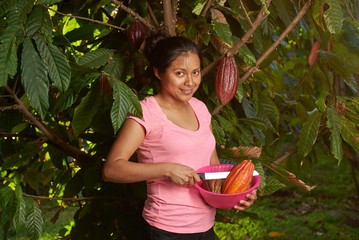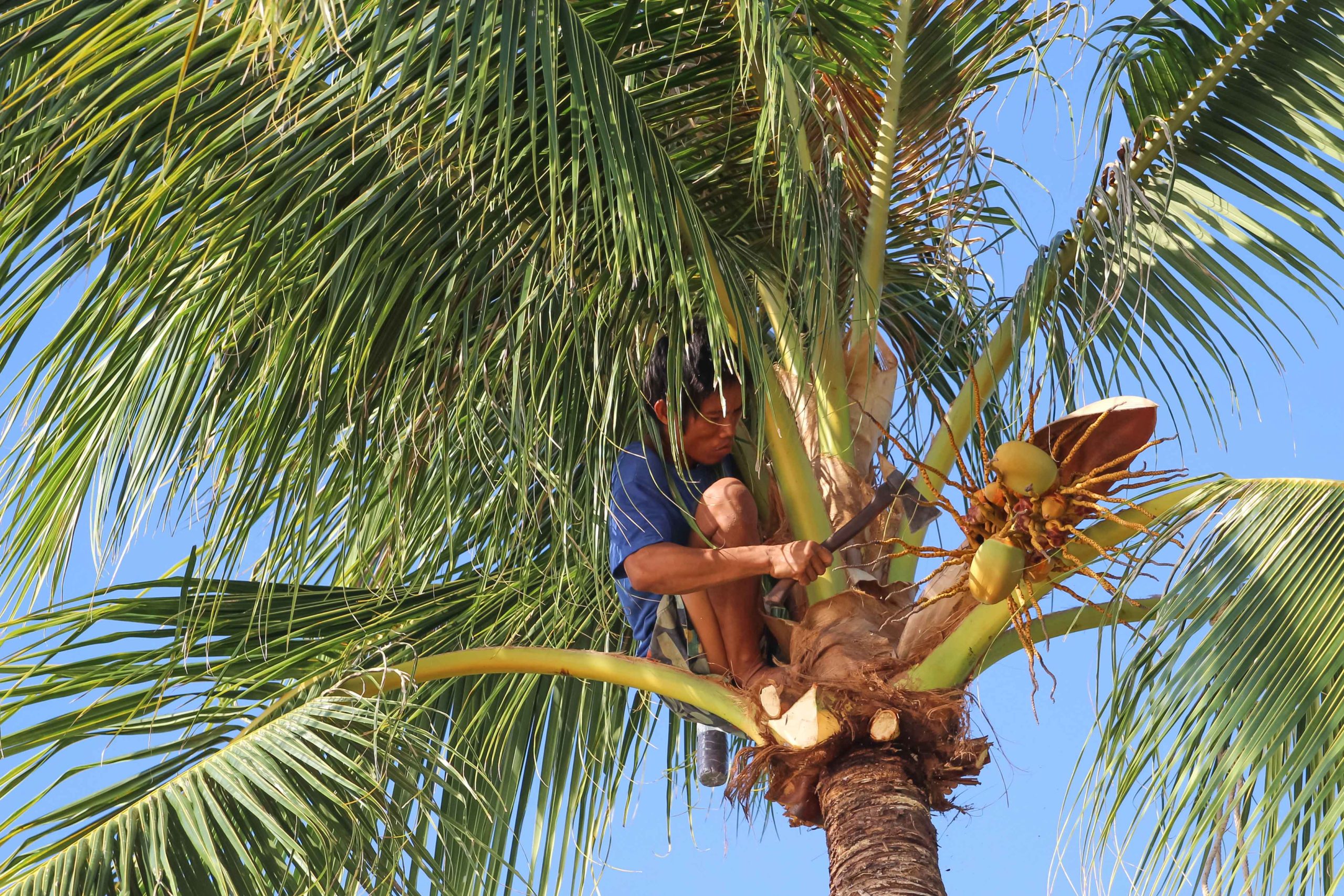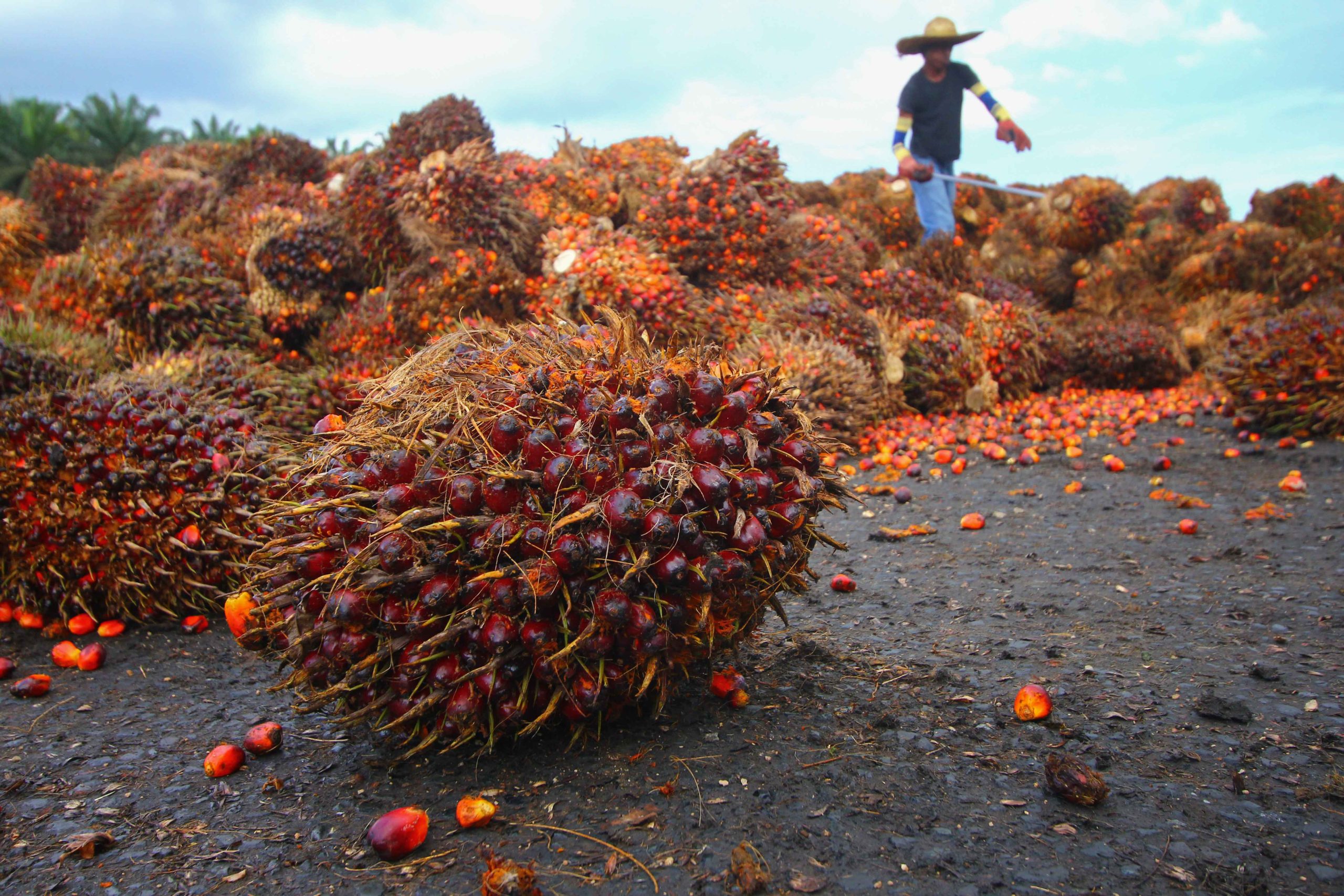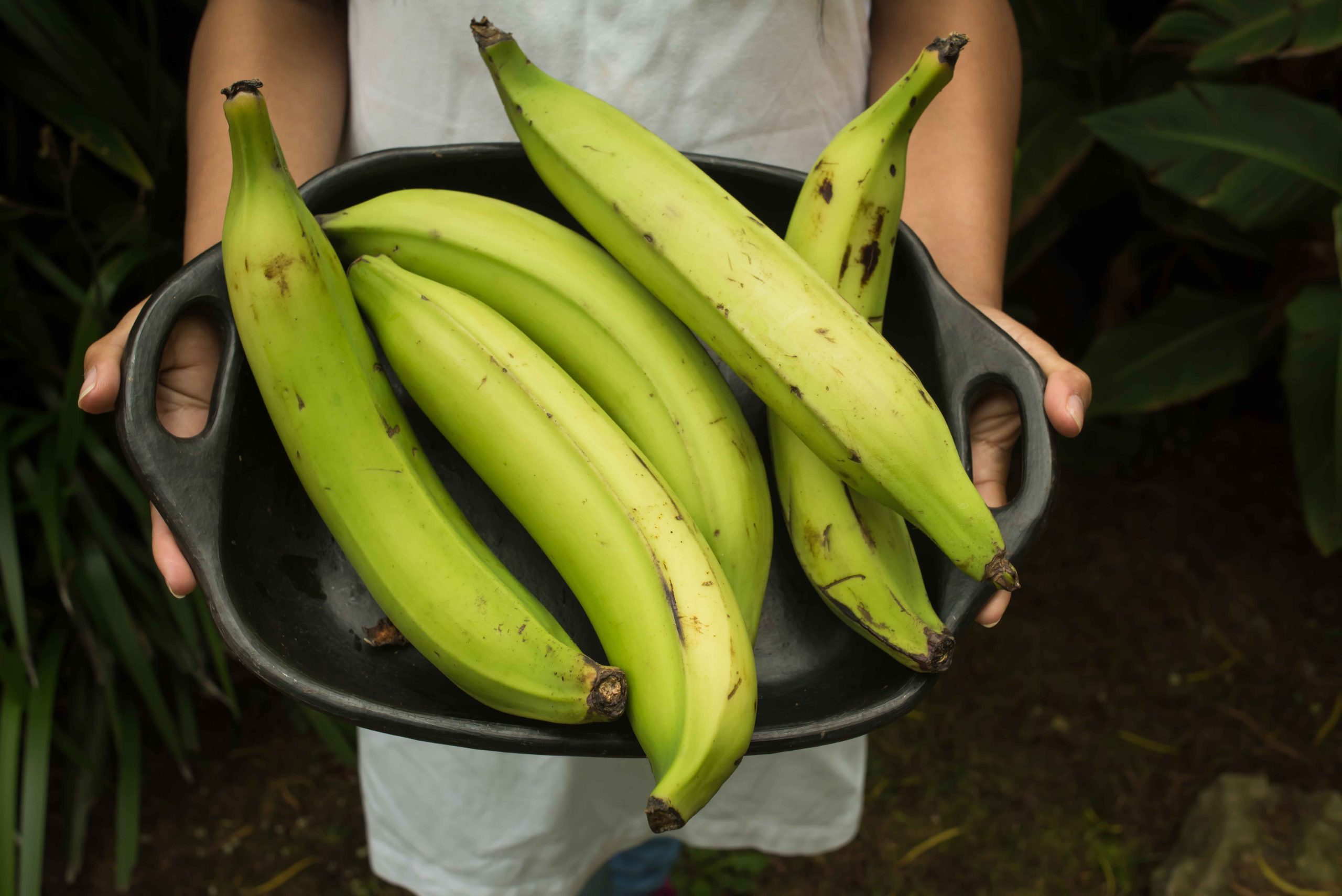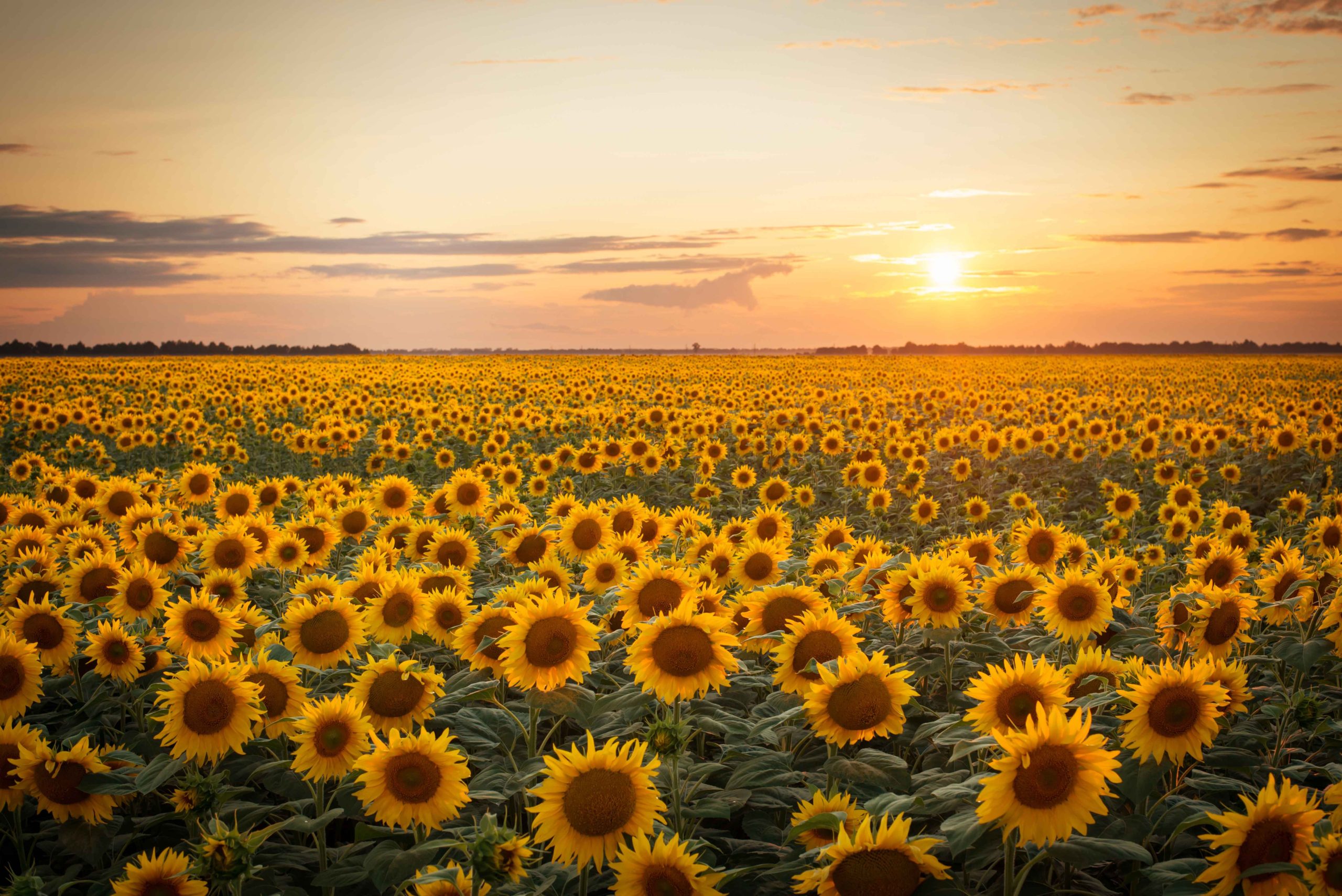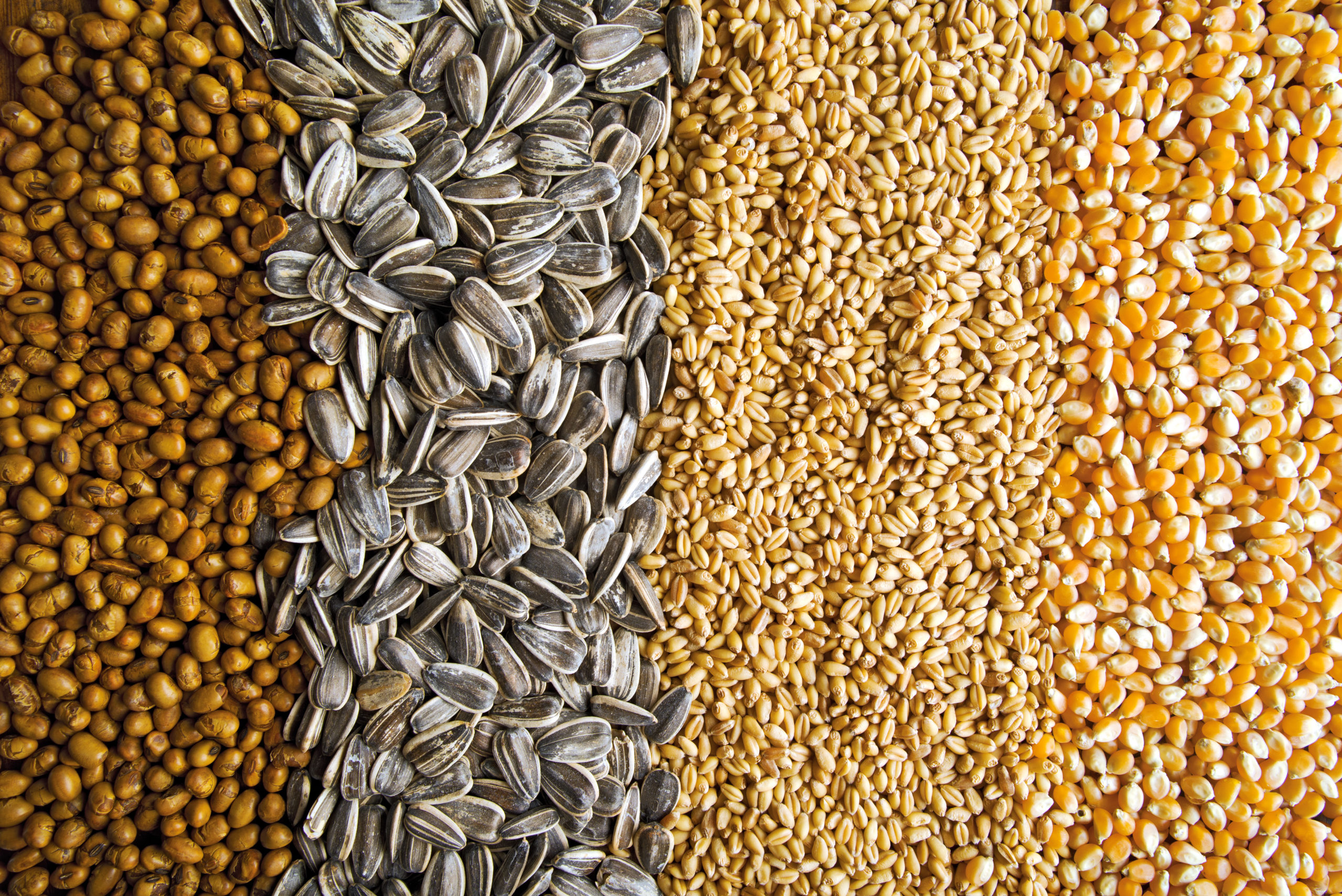TBC Ingredients ApS
From seeds / grains to ingredients
Sun flower
The mature sunflower is actually a flower of 1000 – 2000 small flowers crowded together. The outer petal-bearing florets are the sterile ray florets and can be yellow, red, orange, or other colors. The florets inside the circular head are called disc florets, which mature into seeds. Sunflowers most commonly grow to heights between 1.5 and 3.5 m. To grow best, sunflowers need full sun.
They grow best in fertile, moist, well-drained soil with heavy mulch. In commercial planting, seeds are planted 45 cm apart and 2.5 cm deep. Young sunflowers exhibit sun turning. Their orientation changes from east to west during the course of a day. Once mature, the movements stop and the flower heads typically face east.
Sunflower oil, extracted from the seeds, is commonly used in food, as frying oils, and to produce margarine and biodiesel, as it is cheaper than olive oil – and as a carrier in cosmetic formulations.
There are several types of sunflower oils produced, such as high linoleic, high oleic and mid oleic.
In the last decade, high stearic sunflower lines have been developed in Spain to avoid the use of partially hydrogenated vegetable oils in the food industry.
Sunflower oil is light in taste and appearance. It is a combination of monounsaturated and polyunsaturated fats with low saturated fat levels.
Hulled sunflower seeds, Bakery grade
High quality seeds, hulled and cleaned in a new facility from 2013 with latest cleaning technology.
- On demand
Hulled sunflower chips, Bakery grade
High quality seeds, hulled and cleaned in a new facility from 2013 with latest cleaning technology.
- On demand
Brown Linseeds / Flaxseeds
High quality seeds, cleaned in Europe in a highly specialised facility with latest cleaning technology.
- On demand
Golden Linseeds / Flaxseeds
High quality seeds, cleaned in Europe in a highly specialised facility with latest cleaning technology.
- On demand
Linseed / Flax
Linseed / Flax
Flaxseeds come in two basic varieties: 1. brown; and 2. yellow or golden (also known as golden linseeds). Most types have similar nutritional characteristics and equal numbers of short-chain omega-3 fatty acids.
Flaxseeds contain high levels of dietary fiber as well as lignans, an abundance of micronutrients, and omega-3 fatty acids.
Initial studies suggest that flax seeds taken in the diet may benefit individuals with certain types of breast and prostate cancers. Flax may also lessen the severity of diabetes by stabilizing blood-sugar levels. There is some support for the use of flax seed as a laxative due to its dietary fiber content though excessive consumption without liquid can result in intestinal blockage. Consuming large amounts of flax seed may impair the effectiveness of certain oral medications, due to its fiber content, and may have adverse effects due to its content of neurotocic cyanogen glycosides and immunosuppressive cyclic non-apeptides. One of the main components of flax is lignan, which has plant estrogen as well as antioxidants. Flax contains up to 800 times more lignans than other plant foods contain.

